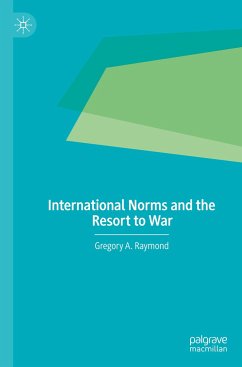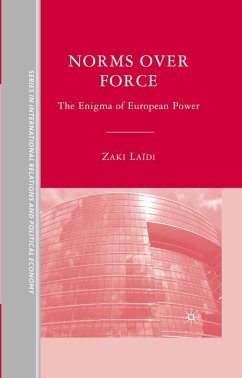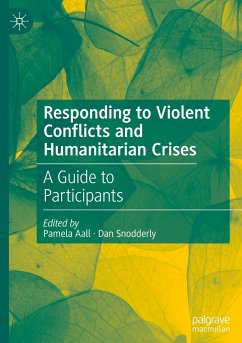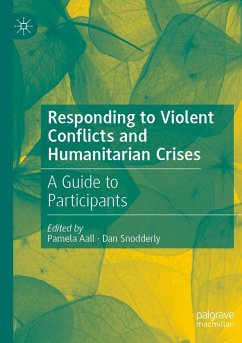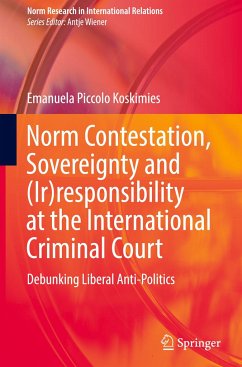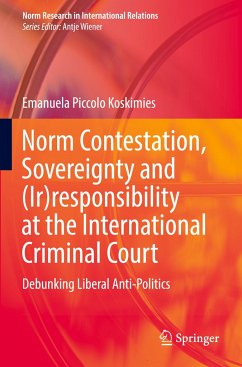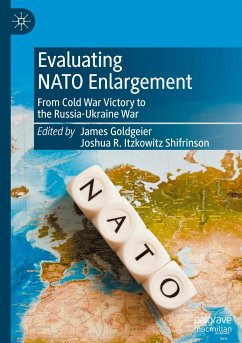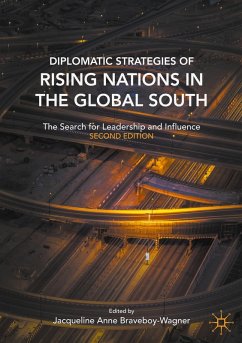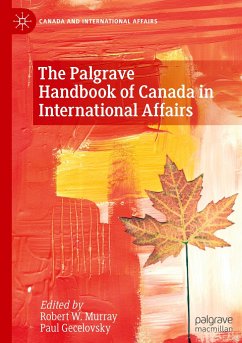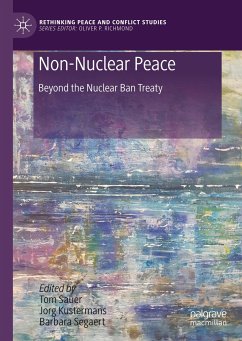
International Norms and the Resort to War
Versandkostenfrei!
Versandfertig in 6-10 Tagen
83,99 €
inkl. MwSt.
Weitere Ausgaben:

PAYBACK Punkte
42 °P sammeln!
This book offers a fresh perspective on timeless questions concerning anarchy and order, power and principle, and public and private morality, by taking a novel approach to the study of the onset of war. Rather than looking at the distribution of wealth, military might, or other material capabilities to explain the onset of war, this book focuses instead on how international norms affect the use of military force. Critical of the realist assumption that international legal norms are unable to curb hostilities without a powerful central authority to enforce their injunctions, it contends that t...
This book offers a fresh perspective on timeless questions concerning anarchy and order, power and principle, and public and private morality, by taking a novel approach to the study of the onset of war. Rather than looking at the distribution of wealth, military might, or other material capabilities to explain the onset of war, this book focuses instead on how international norms affect the use of military force. Critical of the realist assumption that international legal norms are unable to curb hostilities without a powerful central authority to enforce their injunctions, it contends that the normative context within which national leaders act sets the tone for world politics by communicating commonly accepted understandings about the limits of permissible action. Using quantitative analyses of the relationships between war-initiation norms and various types of armed conflict, the author calls into question realist beliefs regarding international norms, demonstrating that restrictive normative orders reduce the likelihood of war.



